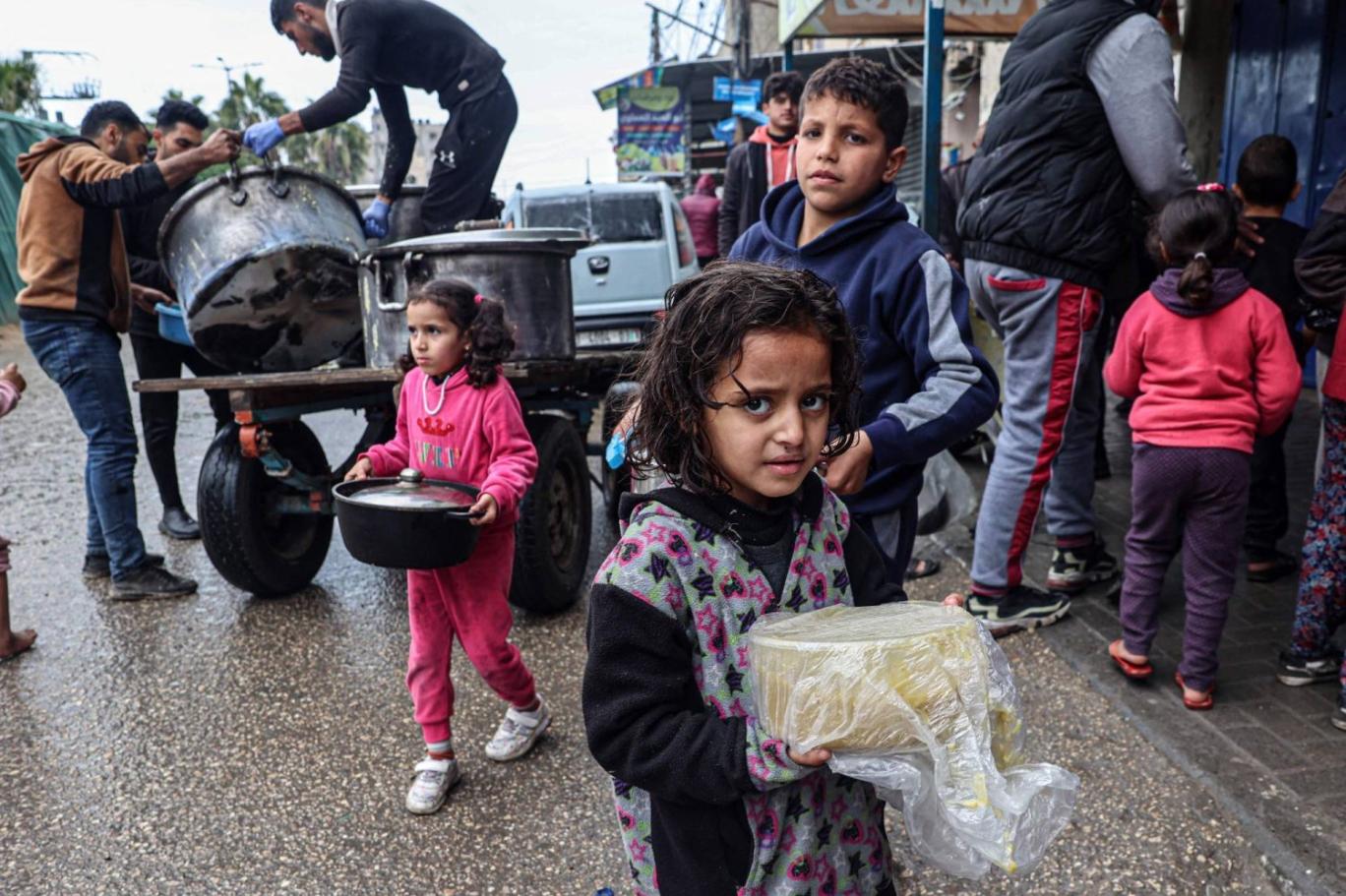
Working Instead of Childhood in Gaza: Gazan Children Forced to Work to Survive
Working Instead of Childhood in Gaza: Gazan Children Forced to Work to Survive
“The situation of Gazan children is not only a reflection of the ongoing war in the region, but also of deepening poverty and the inadequacy of international aid.”
In the Gaza Strip, where Israel has been carrying out intense attacks for 20 months, children have lost all their fundamental rights. In order to survive and support their families, they are forced to shoulder heavy responsibilities and work instead of playing.
On June 12, the World Day Against Child Labour, the tragedy experienced by Gazan children became even more visible. Israel’s intensified attacks since October 7, 2023, the closure of border crossings, tightening of the blockade, and prevention of humanitarian aid access have turned life in the region into primitive conditions. These circumstances have forced children to work in environments that are entirely inappropriate for their physical and mental development.
The surviving children in Gaza bear responsibilities far beyond their age. On March 16, the United Nations Children’s Fund (UNICEF) stated that Palestinian children are living under “extremely alarming” conditions, emphasizing that they are experiencing “severe fear and anxiety” and are facing serious consequences due to lack of humanitarian aid.
The ongoing attacks in the Gaza Strip for months have had the most devastating impact on children. Tragic circumstances such as forced displacement, the loss of family members, and a widespread food crisis have further intensified their daily struggle for survival.
Near a shelter center in Khan Younis, many children work in various jobs to earn a living. They grind chickpeas and make falafel, pull heavy carts, and sell basic necessities such as vegetables, fruits, and biscuits in an effort to support their families.
One of these children, Abdurrahman Abu Jameela, says they migrated from the town of Bani Suheila to Khan Younis and that due to Israeli attacks, he has been deprived of all his rights, including education. Abu Jameela explains that before the attacks, he used to go to school, wear new clothes on holidays, and play with his friends, but now he has to make falafel to meet his family’s basic needs. He says that even going to aid distribution centers can result in death: “Those who go to get food either die or get injured.”
Another child, 8-year-old Habiba, says she was forcibly displaced with her family to the shelter center in Khan Younis and now sells biscuits to support her family’s livelihood. Habiba says, “I wish I could live a normal life like other children. Before the attacks, I would play and study. But the genocide destroyed everything, nothing is the same anymore.”
Eleven-year-old Nour Shawa says that she goes to Nasser Hospital every day with her family to carry water, using a wheelchair to do so. Shawa says she cannot go to school, has lost her education and childhood, and lives in constant fear due to the Israeli attacks.
Tala Shenbari also says that they had a good life before the attacks, but now the border crossings are closed, and it has become increasingly difficult to find food and water. Living under constant bombardment, Shenbari says they opened a small stall with her family to make a living and adds: “We are going to our deaths just to get food.”
Another child, Yamen Kara, says he sells clothes to help his family and has lost his right to education and play. Kara calls for a ceasefire and peace in Gaza, saying he wants to return to school and experience his childhood again.
The situation faced by Gazan children is a reflection not only of the war but also of deepening poverty and insufficient international aid. Despite being children, Gazan youth are forced to act like adults under the weight of the difficulties and responsibilities they face. They call on the global community for “peace” and the “right to live.”